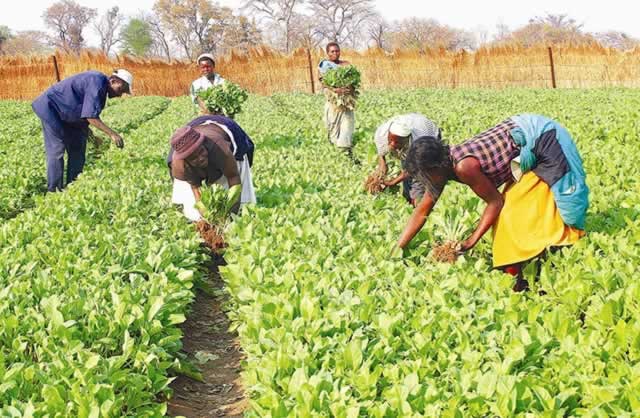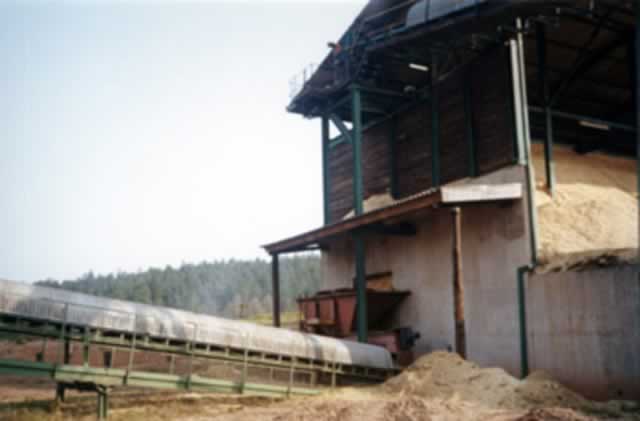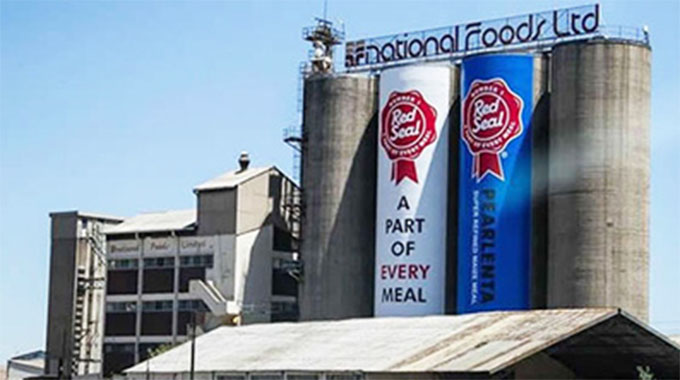Tobacco farming critical in promoting food security

 Fanuel Kangondo recently in Vumba
Fanuel Kangondo recently in Vumba
Successful tobacco farming in Zimbabwe can easily improve the food security situation as it is linked to growing other crops in rotation with the cash crop, British American Tobacco Zimbabwe managing director Mr Lovemore Manatsa has said.
Addressing delegates to the 12th annual International Management Conference in Vumba last week, Mr Manatsa said the phenomenal rise in the number of small-scale tobacco growers from 30 000 in 2000 to around 75 000 driven by the land reform programme should with time boost food production.
Although there have been concerns over a decline in the quantity and quality of tobacco produced in this country, he said this was to be expected as the sector that was dominated by almost 200 white commercial farmers was undergoing transformation.
In a speech read on his behalf by the company’s leaf operations manager, Mr Gabriel Gumbo, Mr Manatsa said that food production cannot be ignored even if more growers ventured into tobacco.
He said that the increase in the crop size from an all-time low of about 40 million kilogrammes in 2005 to the 165 million kg last season was a sure sign that Zimbabwe can reclaim its position as a renowned flavour style tobacco producer with a world market.
“Zimbabwe historically has an internationally deserved reputation for producing flavour styles of tobacco comparably and arguably superior to the only other competing flavour producing countries, Brazil and the United States and this dominance can partly be attributed to climate.
“We also have good management, research, training, and accompanying infrastructure such as curing facilities,” he said.
He added that small-scale farmers developed quality over time and studies in Brazil had shown that this takes up to eight years and locally the results were beginning to show.
Production costs for small-scale growers were generally lower and this translated to socially and economically positive developments that transformed communities that created employment opportunities, agronomy training, Aids awareness, tree plantings and child labour education.
“A large amount of badly needed cash is injected into the rural economy at grassroots level, thus revitalising ancillary businesses from the village hardware store to primary supply chain logistics and this may involve the five-tonne lorry. This prosperity rapidly filters down into family nutrition, schooling and general social stability as the household income increases.”
On concerns that tobacco farmers were causing extensive deforestation countrywide, Mr Manatsa said that BAT Zimbabwe had in association with other stakeholders initiated the Sustainable Afforestation Programme in collaboration with the Forestry Commission to promote the planting of woodlots specifically for tobacco farmers. Responding to the global onslaught against tobacco production, Mr Manatsa said that since the bulk of the crop grown in Zimbabwe was destined for the export market, they had to abide with regulations arising from by the Framework Convention on Tobacco Control.
Although there was a decline in the amount of cigarettes smoked in Europe and the United States, Mr Manatsa said the market for Zimbabwean tobacco was huge with China alone accounting for 60 percent of the Zimbabwe crop.
He added that there was an insatiable appetite for Zimbabwe tobacco in China which made it a niche market.







Comments